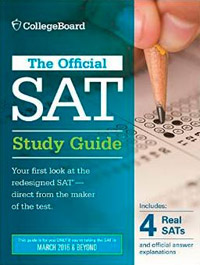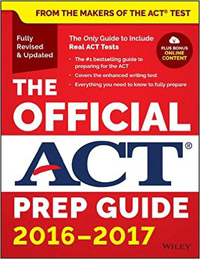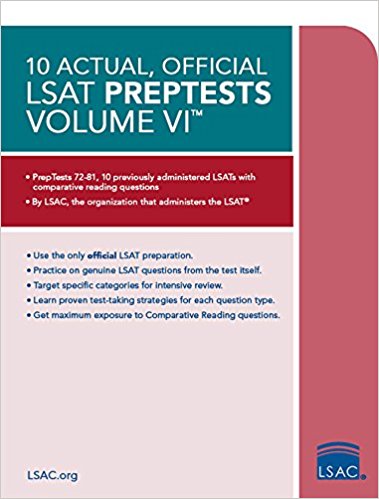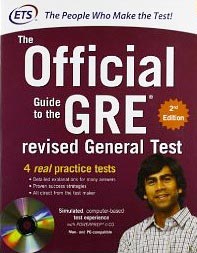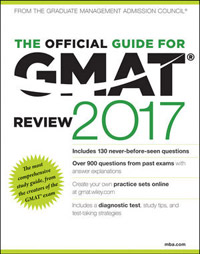Brian McElroy's Tutoring Blog
Free Explanations to Selected new SAT Questions from Tests #1-9, and PSATs #1 and #2.Posted 2021-07-11 Check out my Free Visual Explanations to many of the new SAT Questions from Tests #1-9, and PSATs #1 and #2, along with download links to each of the tests, scoring sheets, answer explanations, and answer sheets. Keep Reading |
How to Navigate the Free GRE PowerPrep softwarePosted 2021-07-11 A definitive guide to the sometimes frustrating, but well worth it, Free GRE PowerPrep software from ETS, containing two official CATs (Computer Adaptive Tests). Keep Reading |
GRE Vocabulary: OpaquePosted 2021-07-11 opaque (adjective) : something that is cloudy, blurry, or difficult to understand. "oh PAKE" Think : an opaque lake. If you don't want to get sick this summer, then I don't recommend swimming in an opaque lake. Keep Reading |
Who (subject) vs. Whom (object) vs. Who (modifier): Who called whom?Posted 2021-07-11 Brian tackles the who vs. whom issue. Keep Reading |
How to Identify the Assumptions in an Argument / The Elements of an ArgumentPosted 2021-07-11 How to Identify the Assumptions in an Argument / The Elements of an Argument Keep Reading |
"Whether" vs. "Whether or Not": Can I always remove the "or not"?Posted 2021-07-11 "Whether" vs. 'Whether or Not' : Can I always remove the "or not"? Keep Reading |
"If" vs. "Whether": Do you know (if/whether) you understand the difference?Posted 2021-07-11 These days, the word "if" is often incorrectly substituted for of the word "whether". Here's the rule : The word "if" should be used in preparation for 1 scenario only. For example : Keep Reading |
"I am well" vs. "I am good": The Correct Answer May Surprise You.Posted 2021-07-11 Don't worry; if you're one of the many people who says "I am well" and/or "I feel differently" (both incorrect) during normal conversation, then I won't feel good (yes, James Brown had it right all along!) about correcting you. ; ) Keep Reading |
GRE Vocabulary: InveiglePosted 2021-07-11 inveigle (verb) "in-VAY-gull" : to entice, lure (a person), aquire or win (a thing) through deception or flattery. Think : inveigle a bagel. I was able to inveigle a bagel by impressing the bagel store owner with my fluent Polish. Keep Reading |
GRE Vocabulary: CalumniousPosted 2021-07-11 Calumnious (adjective) : "kuh-LUM-nee-us" slanderous, defamatory, an untrue statement intended to injure one's reputation. Think : gossip column. The author of the famous gossip column was less concerned with provoking lawsuits through his calumnious statements than he was with attracting hordes of readers through salacious headlines. Keep Reading |


